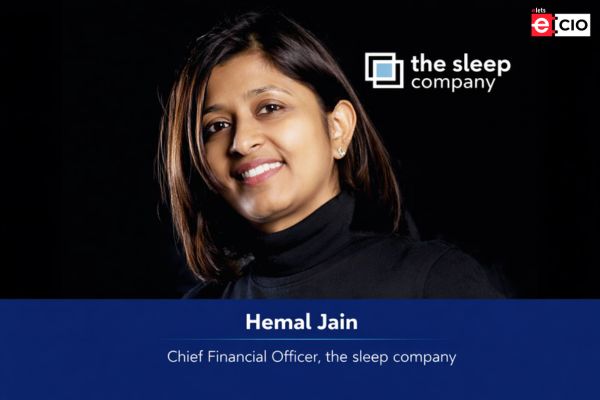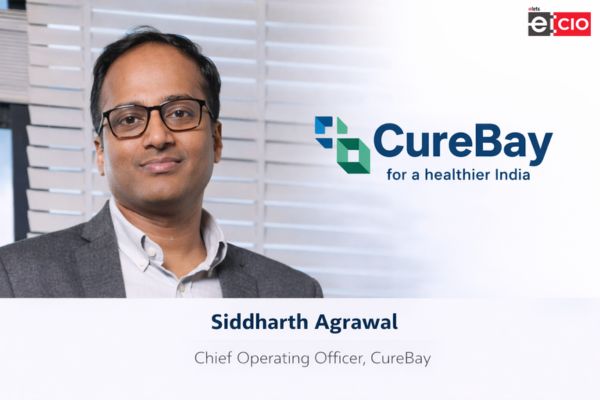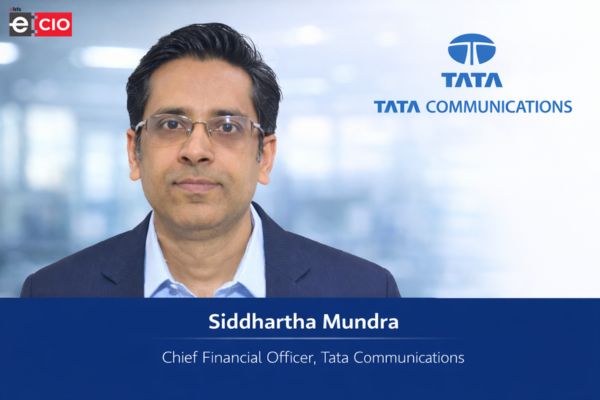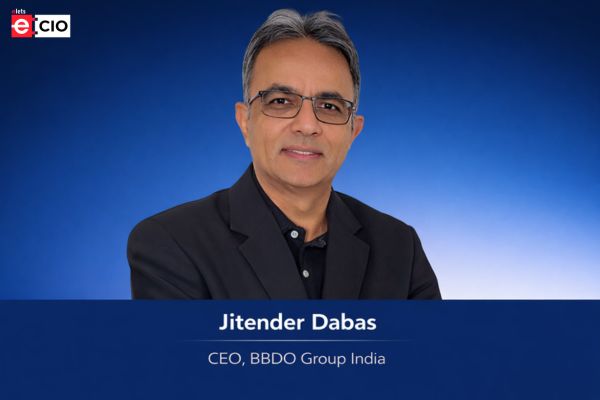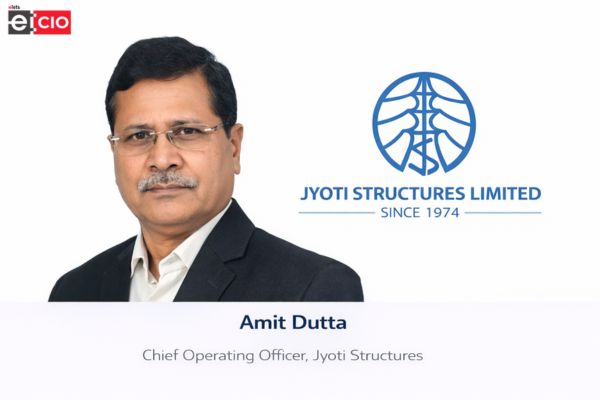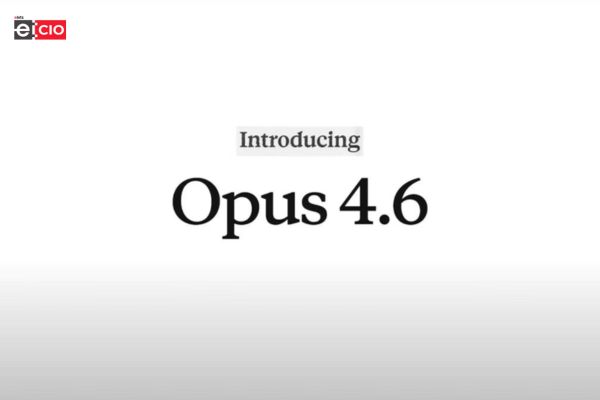
As it mulls a possible reduction in digital ad revenue in the AI era, Google is moving forward with generative artificial intelligence (AI) capabilities for its advertising platform in India and around the world.
On April 25, Google’s parent company announced that advertising revenue, which makes up almost 80% of the business’s yearly revenue, had declined for the second straight quarter. It released its generative AI tools for advertising less than a month later, and in July it brought them to India.
Dan Taylor, vice-president of global ads for Google, stated during a media roundtable on July 31 that the new tools under the “Performance Max” umbrella will aid digital marketers in creating more pertinent advertising, expanding the impact of adverts, and heightening customer engagement. Indian businesses employing these tools include the financial services company HDFC, the e-commerce site Myntra, and the insurance provider Tata AIG, according to him.
“We see it as an enhancement, and a tool to exponentially increase the opportunity to reach consumers with relevant ads, to reach consumers with a relevant experience on their website,” said Taylor.
Industry insiders interpret the action as Google’s long-term attempt to safeguard its revenue. Growth in digital ad expenditure has slowed significantly; according to GroupM, it will reach $856 billion in 2023 with a 5.9% growth rate globally. This is especially troubling for Google, which depends largely on advertising. $58.1 billion, or over 78%, of Alphabet’s most recent quarter’s revenue of $74.6 billion came from advertising. According to its FY22 annual report, advertising income totaled $224.4 billion, or 79% of its overall $282.8 billion revenue.
Google’s approach to generative AI is described as a “classical innovator’s dilemma” by Jaspreet Bindra, the founder of the tech advisory company Tech Whisperer and a seasoned professional in the field.
“Google created the fundamental transformer model in 2017, but chose not to commercialize it right away since it posed a serious threat to Google’s sizable ad revenue. Microsoft also has this as a target because generative AI will essentially reduce margins in the high-margin advertising market that Google currently controls. Currently, Google’s main problem will be figuring out how to commercialize this new search format that generative AI has created with advertisements.To retain the margins of its main source of income, Google will attempt to remedy this, according to Bindra.
According to Google’s Taylor, publishers are also participating. “The publishers that I’m talking to are embracing the opportunity of generative AI—from a content creation and optimization standpoint, as well as how they think about their own marketing efforts,” he continued.
Digital marketers, though, think that social media platforms might someday present Google with a significant threat. The chief executive of the digital marketing company Zefmo, Shudeep Mazumdar, stated that growth in digital ad spending has been stagnant for the last four to six quarters. Ads on Google’s YouTube or Meta’s Instagram are anticipated to witness higher growth in the next quarters, as opposed to Google’s display ads, Mazumdar added. User-driven searches are also rising on social networking platforms.
According to Mazumdar, Google will try to entice firms to join the AI train to compete with rivals. “In this case, generative AI may have an impact on how much a brand spends overall on advertising. The author continued that this, along with the simplicity of designing commercials using generative AI, may temporarily increase stagnating digital ad spending.”
For the time being, India may not see much of an impact from Google’s early decision, but this impact could grow with time.
Be a part of Elets Collaborative Initiatives. Join Us for Upcoming Events and explore business opportunities. Like us on Facebook , connect with us on LinkedIn and follow us on Twitter.
"Exciting news! Elets technomedia is now on WhatsApp Channels Subscribe today by clicking the link and stay updated with the latest insights!" Click here!





